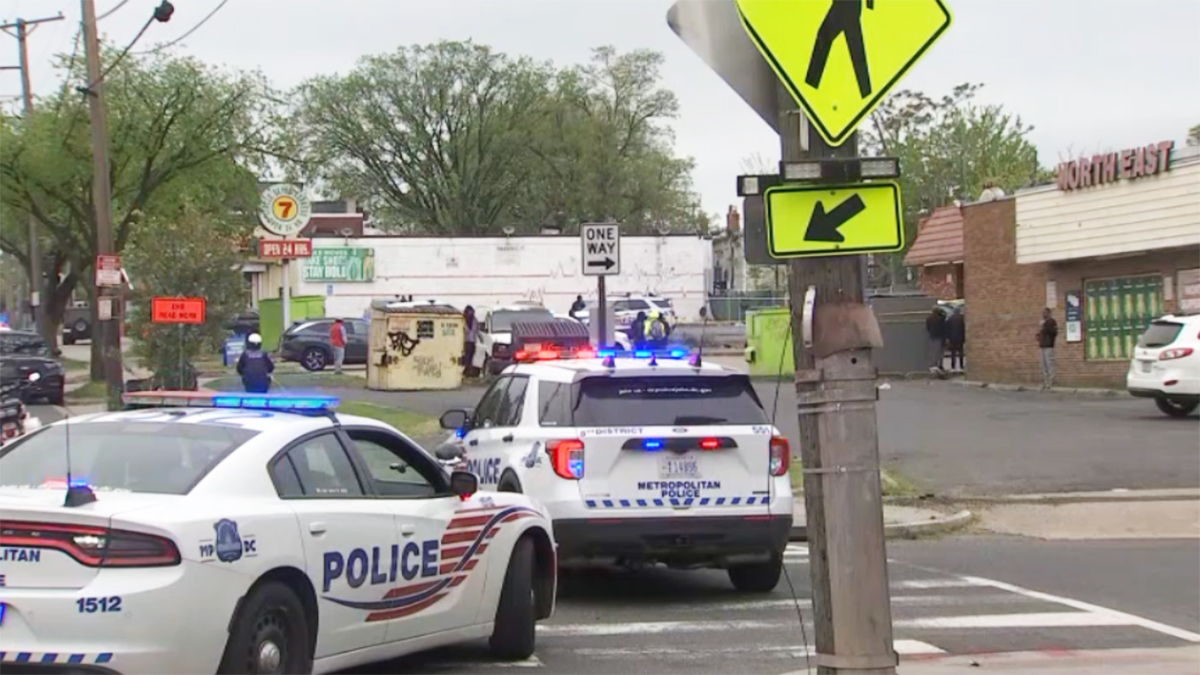Responding to extinguish a smoky car fire is a common job for most fire departments that usually takes only a few minutes. But in the Cabin John area of Montgomery County, Maryland, it took more than three hours to put out a burning hybrid SUV.
Hybrid vehicles' batteries can pose a challenge for first responders, and, in this case, residents of nearby homes.
An image from the Glen Echo Fire Department shows a Lincoln Aviator with its rear hatch up, barely visible through acrid smoke that wafted from the Clara Barton Parkway ramp for hours Monday.
Extinguishing the gas/electric hybrid SUV's burning batteries took nearly 4,000 gallons of water, roughly 40 times what would be needed to put out a fire in an internal combustion engine.
We're making it easier for you to find stories that matter with our new newsletter — The 4Front. Sign up here and get news that is important for you to your inbox.
"It's hard to cool those battery cells down if we have issues gaining access to them, so they'll just continue to relight until the compartment is cooled down or the energy is gone," Mont. Co. Fire & Rescue Battalion Chief Kelvin Thomas said.
Joel Todd and her husband, who live near nearby, were sitting in their backyard having dinner and enjoying the warm weather when the fire occurred.
"All of a sudden, there was just this horrible smell," she said. "And it was the kind of smell that you knew was bad."
Local
Washington, D.C., Maryland and Virginia local news, events and information
Todd says it would have helped to have more information or some sort of alert about what was going on.
"To at least alert the neighbors in the immediate area, so we could close our windows and go back inside," she said.
Firefighters normally extinguish a smoking internal combustion engine from the top, after lifting the hood. But the burning batteries of electric and hybrid vehicles have to be reached by going underneath them.
One of the largest manufacturers of firefighting equipment in the world, Rosenbauer, recently began U.S. marketing of a device specifically designed to help extinguish electric vehicle fires.
The National Transportation Safety Board studies electric vehicle fires and passes along recommendations to local fire departments.
A study by the insurance company Auto Insurance E-Z found that all-electric cars have a much lower chance of igniting than hybrid or combustion engine vehicles.



